People often come to me—students, perfumery hopefuls, artists halfway through a formula and a mild existential crisis. Inevitably, they arrive with this question:
What does it mean to be a perfumer? Am I allowed to call myself one if I’m self-taught? If I don’t have a professional lab?
Let’s be honest: this world can be a little obsessed with gatekeeping—as if the right to create scent were handed down from Mount Firmenich on stone tablets.
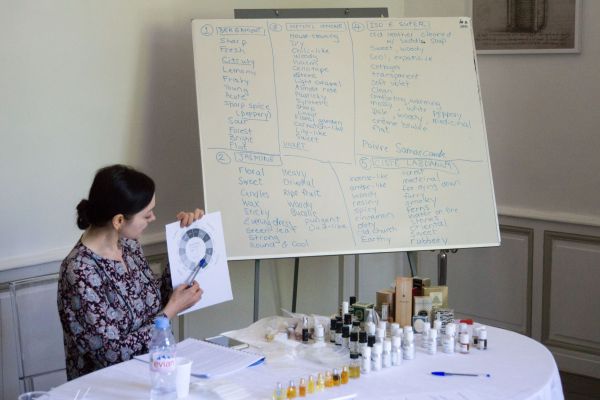
So let me offer this, not as doctrine, but as lived experience.
I trained as a perfumer at IFF. I’ve studied and worked with legends—Sophia Grojsman, Dominique Ropion, Maurice Roucel. I’ve created fragrances in labs that featured the rarest raw materials, surrounded by shelves of cutting-edge captives and supported by extraordinary teams. I know what it’s like to formulate with everything at your fingertips.
But I also know what it’s like to create with very little. I’ve been taught to compose fragrances on a shoestring budget, with limited access to materials. And I’ve seen other perfumers do the same—crafting something resonant and exquisite not in spite of constraint, but because of it. Maurice Roucel, for instance, has built breathtaking perfumes from formulas that read like haiku. Sophia Grojsman worked magic on a single-digit budget. There is no correlation between the number of raw materials or even their quality and the greatness of a fragrance. Sometimes, it’s precisely the restraint that makes the structure sing.
In 1943, Edmond Roudnitska composed Rochas Femme during wartime scarcity. As he recalled years later, “Let me tell you, I created Femme in 1943 in Paris during the worst days of the war, in a building that had a rubbish dump on one side and a paint factory on the other.” And yet he created one of the most sensual and luminous compositions in the history of perfumery—a fragrance that smells of sun-warmed skin and summer plums.
Today, Ukrainian perfumers are doing something equally radical. Their materials may not be the latest captives or the most precious absolutes. Their studios might double as kitchens, bomb shelters, or frontline dugouts. And yet—what they make is perfume in the truest sense. Scent turned into language. Structure forged from instinct and necessity. Poetry made from dust and ash.
There’s a myth that only the most gilded labs and rarest ingredients yield “real” perfume. That’s like saying only Stradivarius violins make real music. The truth is more democratic—and far more interesting. Intent matters more than instrument. Structure matters. The ability to shape an idea with precision, restraint, and nerve. The nose, yes—but also the soul.
To be a perfumer is to ask, with every formula:
What does this moment smell like?
What am I trying to say, without words?
And if you’re wondering whether you are a perfumer—or have the mindset of one—I’ll ask you this:
Have you ever smelled rain on hot stones and wanted to bottle it?
Have you ever crushed a leaf just to feel the verdant aroma rise in your palm?
Have you ever made scent not to sell, but to remember, to seduce, to survive?
If you’ve answered yes to even one of these, then you’ve already begun.
Welcome.

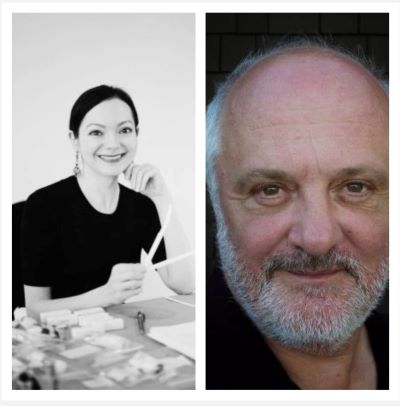
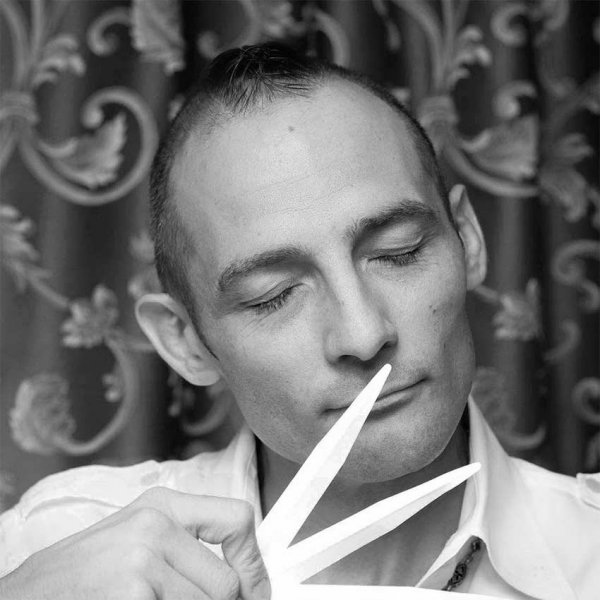
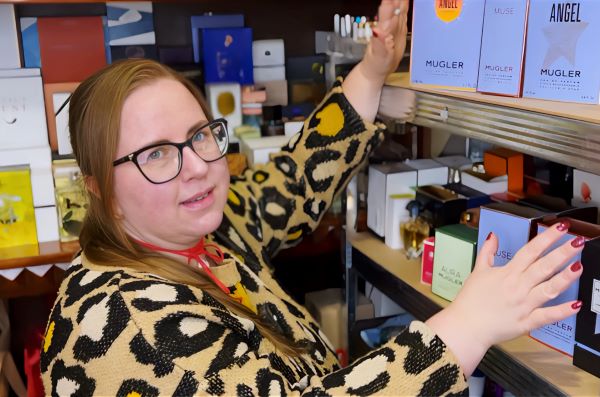
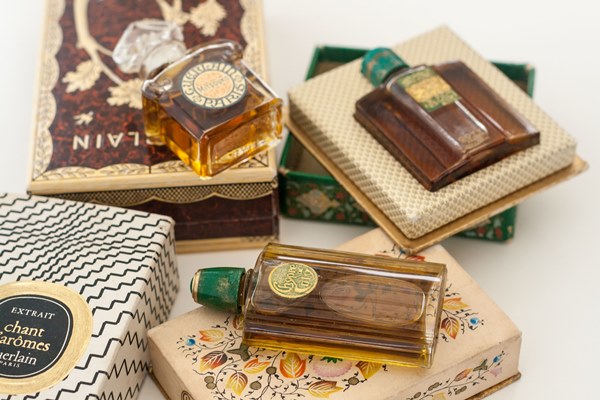










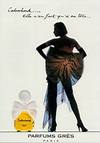
7 Comments
Lucas: Thank you for writing this article. I often struggle with self-doubt and it’s helpful to be reminded to continue and to trust my instincts. April 4, 2025 at 8:55am
Donna: So agree that restraint often yields the best creative work, perfumery no exception.
Just finished a seasonal petrichor perfume that ends in watery violets.. my country bumpkin kin to Aprés l’Ondée, made with minimal #of materials. April 4, 2025 at 9:20am
SophiaB: Merci de partager votre savoir avec autant de délicatesse et de poésie:) I am always learning something new, discovering something new about perfumes and scents when I read your articles. it is always a renewed joy
Have a wonderful day ! April 4, 2025 at 9:21am
Aurora: What a beautiful article Victoria, it really encompasses the world of perfumery in its various aspects. André Gide wrote, l’art vit de contraintes et meurt de liberté, I love the story of Femme. April 4, 2025 at 10:45am
Adam: Thank you–this appeals to both my minimalist taste and (what I perceive as) scarcity of materials! April 4, 2025 at 11:16am
Hera: What a great article. I consider perfumers artists and artists can create marvellous things in difficult situations , for example Parajanov created amazing art in a prison cell, Ara Guler ( the most known photographer in Turkey) says that it doesn’t matter what kind of camera you have, it’s the eye and vision that makes the photos special, so I totally agree. April 4, 2025 at 11:51am
Dorothy: So agree: just a wonderful article! Thank you. April 4, 2025 at 1:02pm